Open Accounting is an innovative approach that enables seamless sharing of up-to-date financial data between businesses and financial institutions.
Much like the way Open Banking revolutionised the banking industry by allowing third-party developers to create apps and services around financial institutions, Open Accounting provides lenders and service providers with direct access to real-time accounting data.
A better insight for lenders
This facilitates better understanding and decision-making, especially when it comes to assessing a business’s financial needs.
With the proper consents in place, it ensures privacy and data protection while offering a more transparent and efficient financial ecosystem.
The diminishing prevalence of personal, regular business banking interactions has resulted in a chasm in lenders’ familiarity with their business clients’ fiscal standing.
Open Accounting emerges as the solution, enhancing the principles of Open Banking.
Much like Open Banking – which allows financial institutions secure access to a company’s bank details – Open Accounting empowers companies to authorise Trusted Third Parties (TTPs) to view the information in their financial ledgers.
In essence, Open Accounting offers business finance providers a comprehensive perspective into a company’s immediate financial well-being.
Benefits of Open Accounting
Open Accounting streamlines the financial process by having a company’s accounting data immediately at hand.
This allows lenders to swiftly obtain essential records like current Profit and Loss statements, purchase invoices, credit memos, and other necessary documentation for loan or finance provision.
In the past, financial institutions depended on dated information when making their decisions.
However, with the launch of the Making Tax Digital program, companies are now mandated to maintain their digital financial logs promptly. Open Accounting harnesses this invaluable cash flow data.
Yet, despite these advantages, it’s natural that individuals might possess concerns or uncertainties.
Let’s debunk some prevalent misconceptions linked to Open Accounting.
Misconception #1: Open Accounting is more trouble than it is worth
Contrary to this opinion, Open Accounting is designed to be straightforward for both lenders and businesses, with the primary objective of facilitating seamless information exchange.
While Open Accounting provides significant advantages, it remains an opt-in system.
Companies must grant Third-Party Providers (TTPs) permission to access their data, a consent that can be revoked whenever they choose.
To fetch business accounting details across different platforms, APIs (Application Programming Interfaces) are typically employed.
Think of an API as a mediator—it’s a software component that allows two different applications to interact.
Misconception #2: There is no need for Open Accounting when we have Open Banking.
While bank transaction data offers a glimpse into a business’s financial dealings, it’s not comprehensive.
It offers lenders a preliminary understanding, helping them tailor finance options to a business’s situation and aspirations.
But, this data has its constraints and can sometimes paint an incomplete picture.
Combine Open Banking with Open Accounting, and the narrative becomes much richer.
Merely observing transactions and cash flows can be deceptive.
Consider this: a business that’s delayed supplier payments might show a healthy bank balance, suggesting they’re well-equipped to handle loan repayments. Yet, looming supplier costs can quickly alter this perspective.
With real-time access to a company’s accounts payable, lenders can better gauge potential risks.
Simply put, Open Accounting augments the story told by Open Banking, offering a deeper dive into a business’s financial health.
Misconception #3: Open Accounting endangers data security
Open Accounting is meticulously crafted to uphold the highest privacy standards.
For a TTP to access a company’s accounting details, the business must expressly consent; automatic enrolment in Open Accounting is not an option.
Remember, the ethos behind Open Accounting is mutual advantage.
It offers lenders and service providers an avenue to utilize pertinent information, facilitating a clearer grasp of a company’s fiscal requirements.
In this context, TTPs (like lenders) must seek permission from the enterprise’s proprietor.
The decision to grant or refuse lies with the business.
Furthermore, businesses retain the power to revoke access rights anytime.
If consent is withdrawn, it’s mandatory for the TTP to erase the associated data.
Technology to streamline lender decision making
In today’s financial climate, understanding a firm’s immediate cash flow is paramount, and Open Banking and Open Accounting provides a conduit for such insights.
As numerous UK enterprises are on the hunt for funds for rejuvenation or expansion, the allure of this cutting-edge tech is undeniable.
Compiling accounting data, utility expenses, and other financial records can be cumbersome and disjointed.
Solely depending on HMRC or Companies House data doesn’t paint a holistic picture.
Open Accounting, in tandem with Open Banking, might just be the innovative answer.
If you’re a small or medium-sized business looking for funding, then why not contact The Funding Store today.
We do not charge broker fees, and with access to one of the most extensive and competitive lending panels in the UK, can bring you fast, flexible solutions that meet your finance needs.
The Funding Store can help guide you through the funding process and find the best funding options that fit your specific needs.
Whether you’re looking to start a new business, expand an existing one, or cover unexpected expenses, The Funding Store can help you achieve your financial goals.
So don’t hesitate, contact us today on 01908 880420, to take the first step towards securing the funding you need to grow and succeed.
Share This Story, Choose Your Platform!
This article has been produced by www.TheFundingStore.co.uk for general interest. No responsibility for loss occasioned to any person acting or refraining from action as a result of the information contained in this article is accepted by The Funding Store Ltd. In all cases appropriate professional legal and financial advice should be sought before making a decision.








